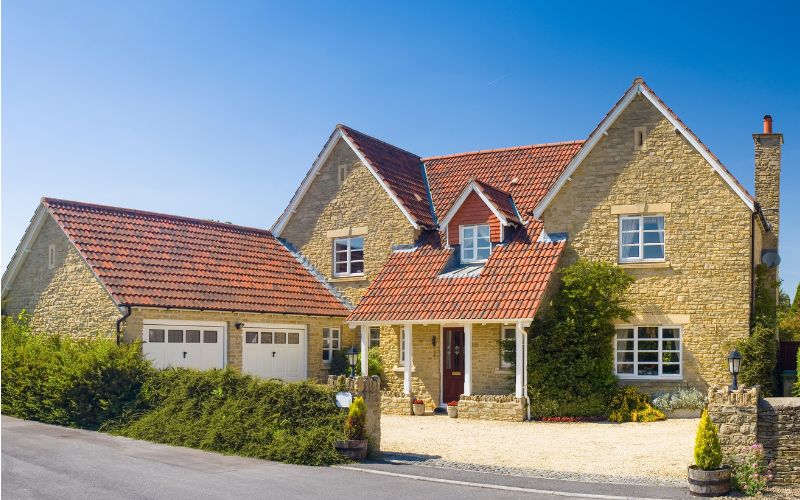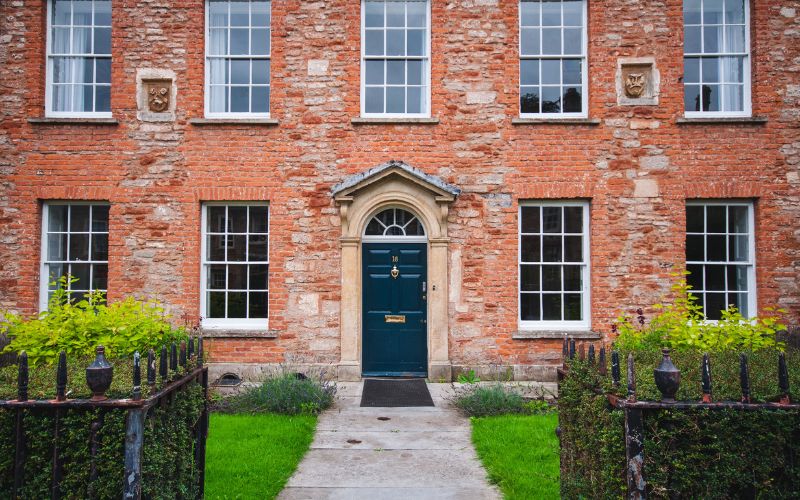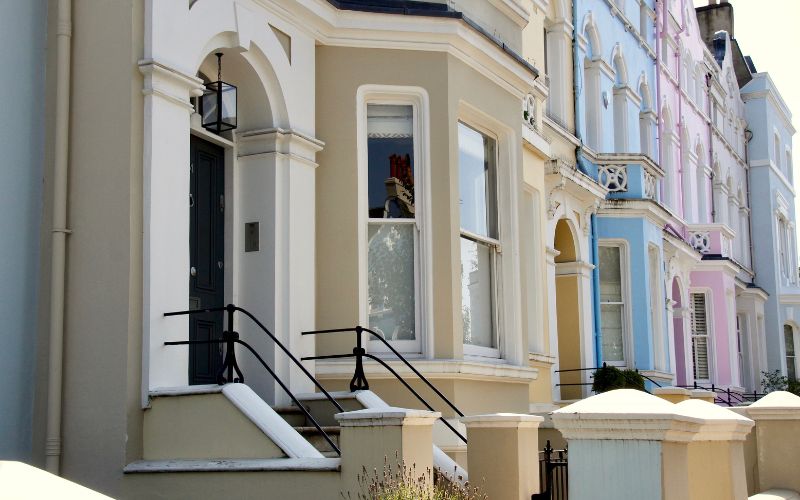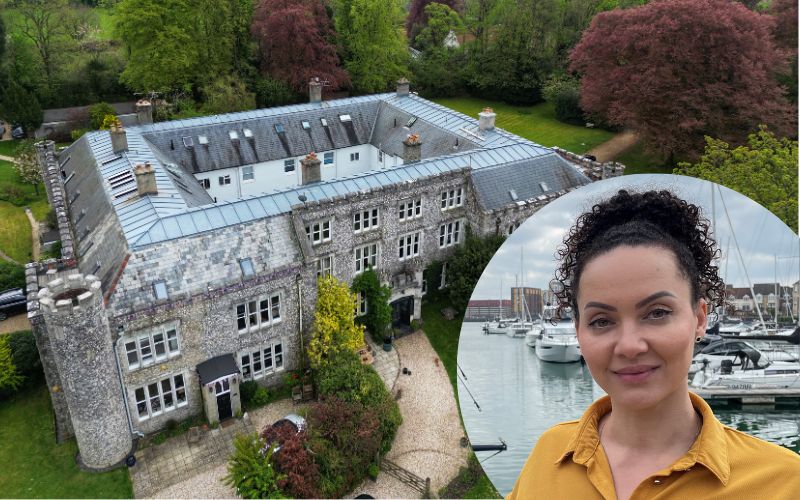Why has the Government scrapped residential MEES?
“Back in September, the PM said that he would be watering down climate policies across the country, which included the scrapping of the Minimum Energy Efficiency Standards (MEES) for residential properties. He explained that this was because he wanted to help struggling homeowners and tenants save on their outgoing costs.”
How does this affect my property?
“So, you are now no longer required to improve your EPC rating to any specific level (so long as it’s still above EPC E). I agree that it definitely takes the pressure off homeowners and the need to upgrade their property; instead trying to encourage landlords and tenants to make improvements where affordable, but it’s good to note that the higher your EPC is the cheaper it is to run your property overall.”
What does it mean for me, as a homeowner?
“There are no specific upgrade requirements for homeowners to adhere to now. Before, landlords, tenants, and developers had to ensure their properties were equipped with the likes of heat pumps and double glazing, but that’s now the choice of the homeowner. Additionally, there aren’t any fines in place if you don’t upgrade your property to make them more energy efficient. As for timescales, I’m not sure how long these changes have been put in place for, only time will tell.”
Does this affect housing tenants too?
“The responsibility to upgrade a property’s energy efficiency has always been subject to contract, so unless it was outlined in your housing contract, you are now no longer obligated to. If it has been stated in your contract that you are responsible for these upgrades during your tenancy, I would seek legal advice to determine whether or not this requirement still stands.”
Will commercial MEES also be scrapped?
“For now, these remain in effect. The new Minimum Energy Efficiency Standards for commercial buildings only came into effect in April this year so, we are yet to see whether these standards will be relaxed or not.”
Do you think residential MEES will be reinstated?
“The PM has continued to reinforce the idea that all upgrades will be encouraged and is now a ‘voluntary’ decision for homeowners and tenants. However, they are still aiming for MEES to be a minimum of EPC C by 2025 so they might bring back the Minimum Energy Efficiency Requirements for residential properties before then.”
Why were MEES introduced anyway?
“The Minimum Energy Efficiency Standards was first introduced in 2016 as part of the Government’s Net Zero trajectory. The aim was to reduce the carbon offset of each household and the built environment as a whole, making homes across the country more energy efficient.”
What was the original MEES timeline and targets?
“For residential properties, EPC C was the MEES target for 2025 and in 2028 that would ideally rise to a B; meaning no household in the UK would have an energy rating below that. Before this year, commercial builds had no Minimum Energy Efficiency Standards, however, this changed in April when they were first introduced for this type of property – requiring them to have an EPC E rating as a minimum. This has not changed and are still on track to rise to an EPC C rating by 2027.”
What does this mean for developers now?
“Homes built from 2025 onwards were required to have heat pumps as standard but with the pressure off, this doesn’t look like a necessity for the time being. Developers will need to adhere to all the latest building regulations and ensure they are constantly keeping up to date with the latest changes and implementations.”
Finally, what does this mean for the housing sector?
“It definitely delays the UK’s move towards Net Zero, so whether the Government meets their 2050 targets is uncertain. It also means that the built environment will continue to be one of the country’s biggest polluters with very little change given the financial climate and affordability of upgrades, voluntary or not. However, the team and I are always on hand to help with any property concerns owners/developers/tenants may have going forward.”
Who are we?
Sillence Hurn’s Chartered Building Surveyors are RICS qualified with extensive experience of building surveying across London and the South of England.
From advice around feasibility, cost planning, undertaking the work in the current market, specifying works, overseeing and managing the implementation of changes, our chartered building surveyors will be able to identify any upgrades and advise you on the best measures going forward.
Read more about our solutions here:
Technical due diligence
Project management
Dilapidations consulting
Cost management
Monitoring Surveying
Party Wall
Contract Administration
Planned Preventative Maintenance
Email us at enquiries@sillencehurn.co.uk or call our Southampton team on 02380 014786 / London at 020 3143 2128





